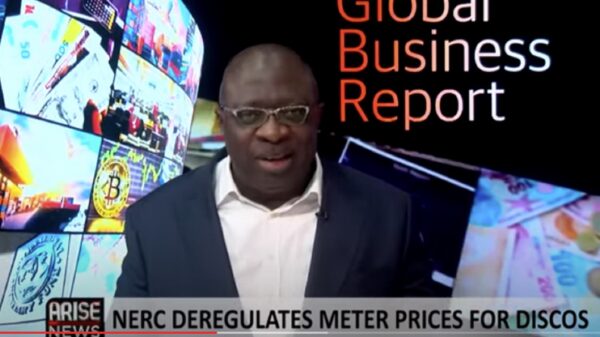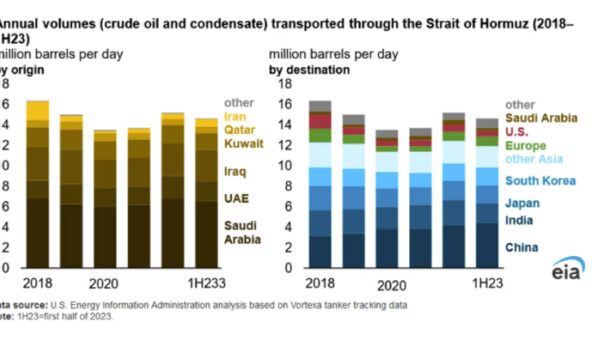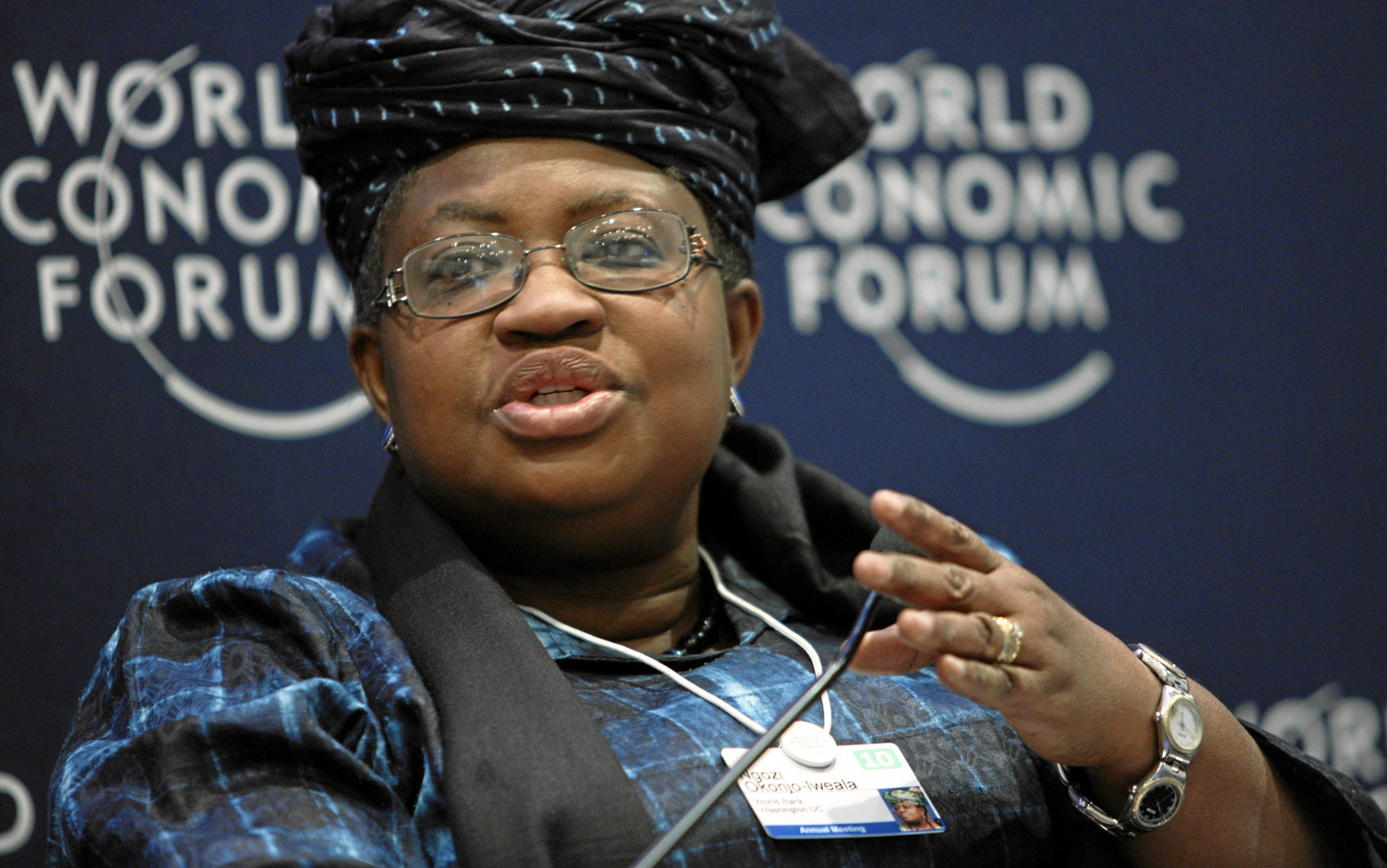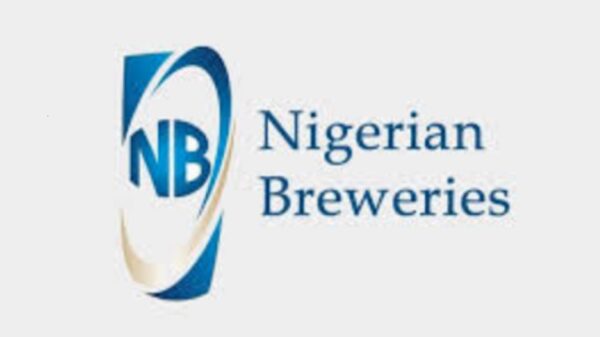The director-general of the World Trade Organisation (WTO), Ngozi Okonjo-Iweala, has urged governments and business leaders to come together to address the multiple crises facing the global economy.
WTO’s website reports that Okonjo-Iweala spoke during a session focusing on financing resilient economies at the World Economic Forum (WEF) in Davos, noting that “no single country can resolve its challenges on its own”.
“You cannot have resilience unless you have global solidarity … it’s survival together, it’s supporting each other, it’s financing together, it’s recognizing that my resilience cannot happen unless your resilience also happens”, she told the participants.
The DG is reported to have told participants that after World War II, world leaders created a set of institutions based on the idea of solidifying international interdependence and solidarity and using the institutions to solve problems of the global commons. She however noted that through multilateral institutions such as the WTO, countries can work together to solve their problems.
According to her, the WTO can play a role in helping to tackle pressing issues such as growing food insecurity, the COVID-19 pandemic, climate change, supply chain disruptions and dwindling fisheries resources.
The WTO boss said climate change should not be sidelined as the world grapples with other immediate challenges.
“It’s true that we’re in a world of simultaneous crises, climate change, food, the pandemic, international security, but I don’t think we can prioritize one over the other because they’re all linked, they’re all crises of the global commons.”
She said an effective response requires significant financial commitments, which is something many poorer countries lack as they grapple with food shortages and the pandemic.

























































You must be logged in to post a comment Login